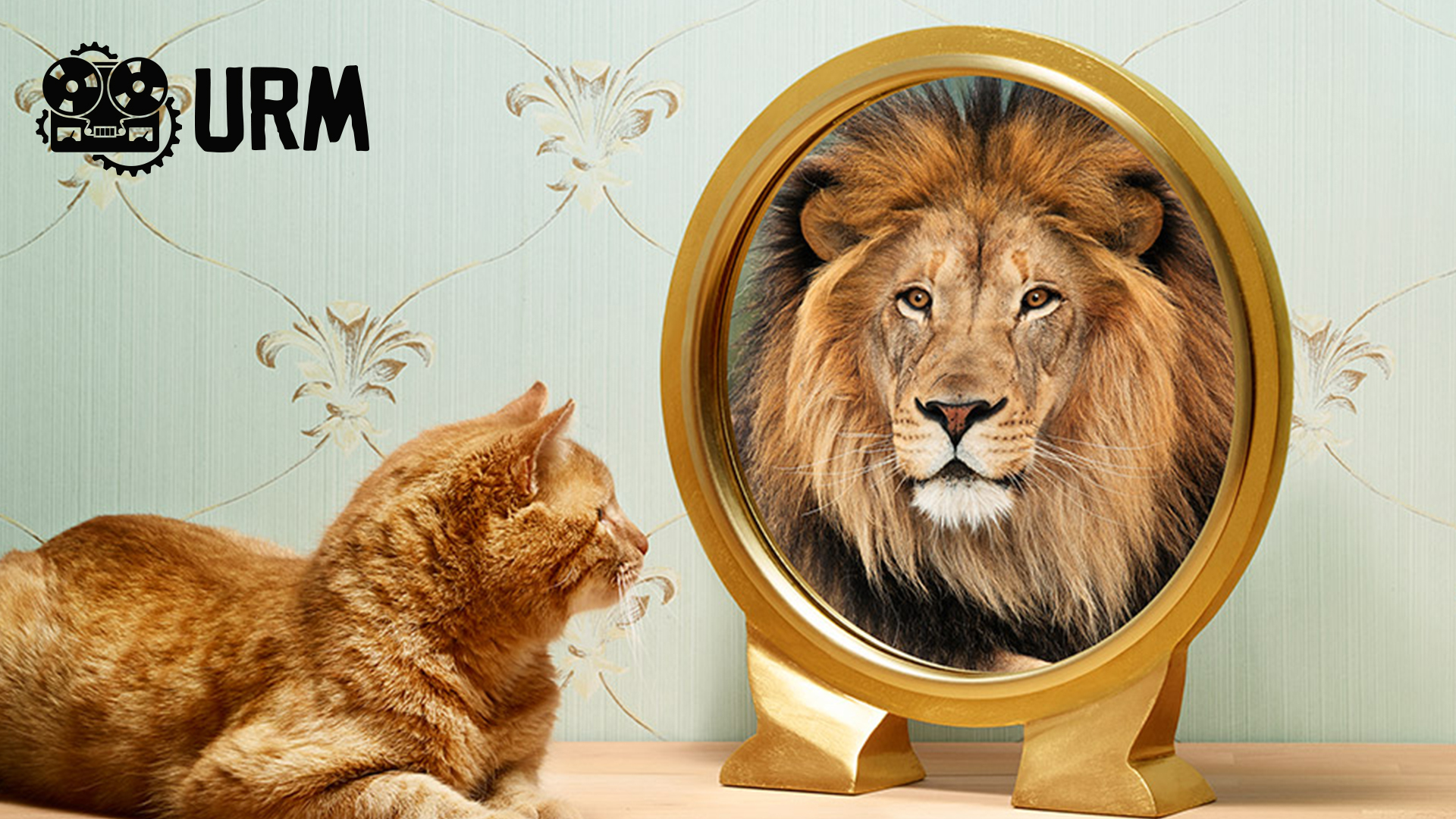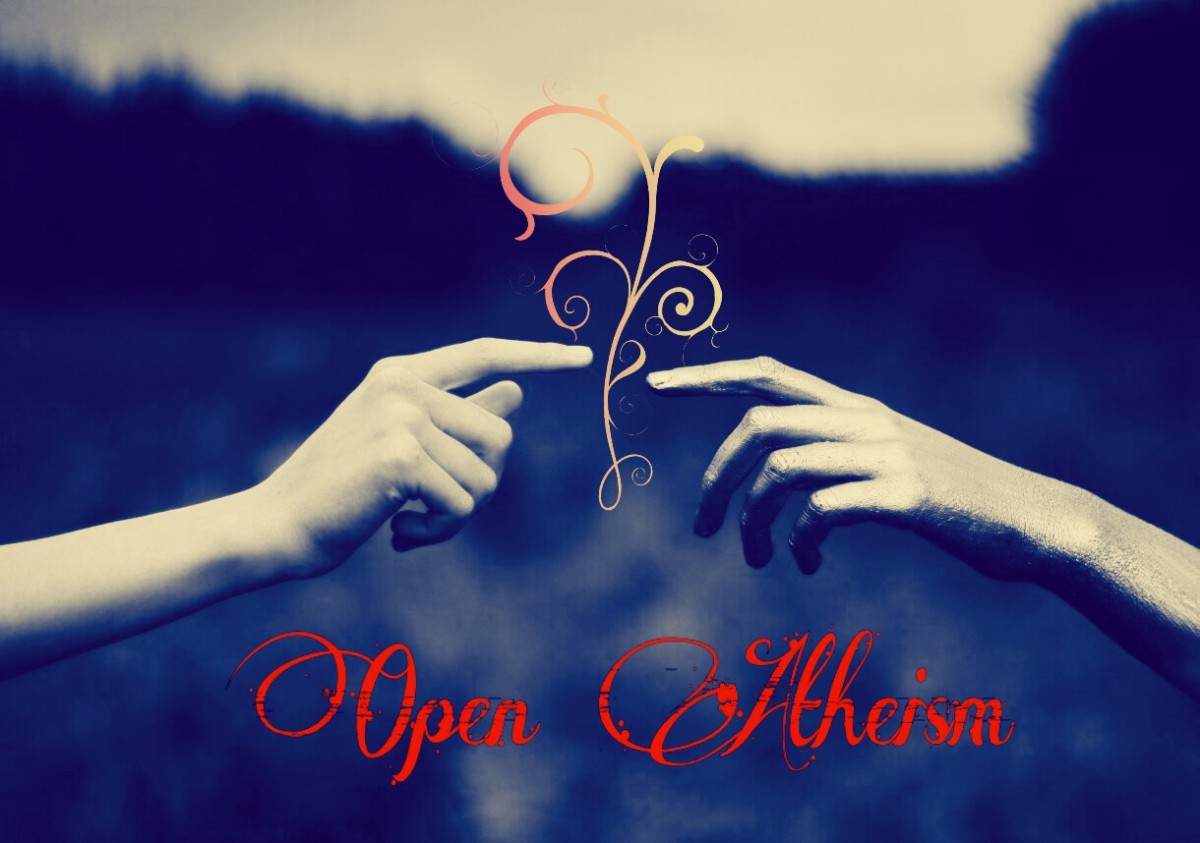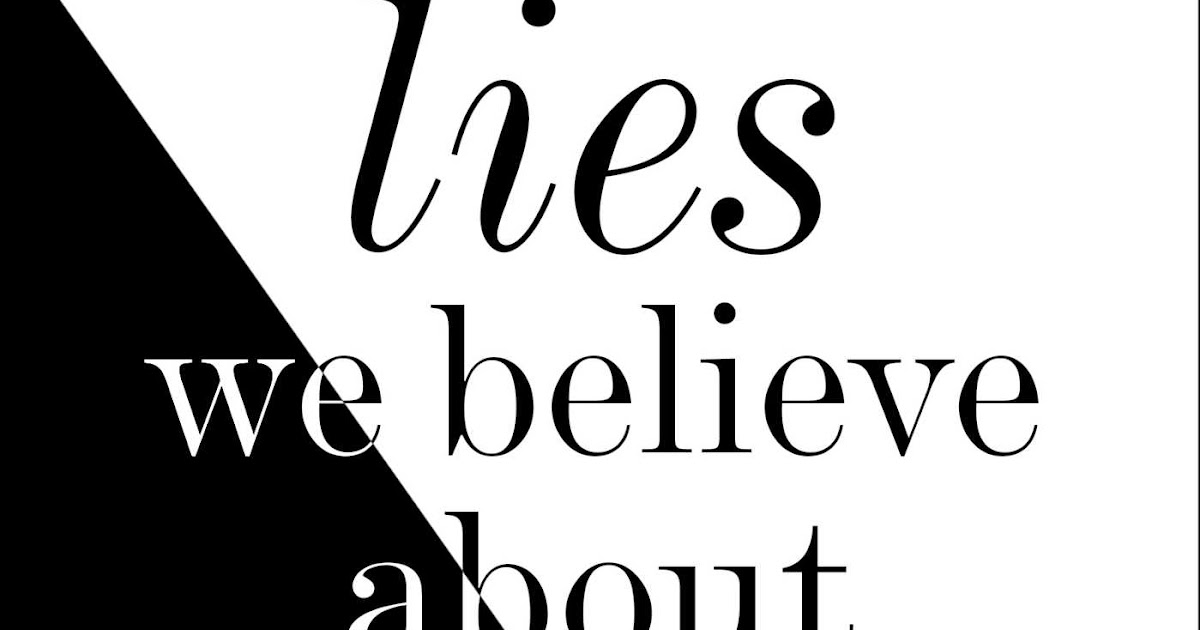
The new Atheists have said things like Christians who believe in God are delusional. Many Christians and religious people have responded that it's the new atheists that are delusional. There is a wish on my part that people would quit using this kind of polarizing rhetoric. Despite my concerns, I will say David Bentley Hart, Atheist Delusions: The Christian Revolution and Its Fashionable Enemies is probably the best book to date in responding to the critics and new atheist movement.
Hart does speak of the new atheists vacuous arguments, historical ignorance, strident self-righteousness, and dreary fundamentalism. This will come off as very dismissive and small minded to some readers who are sympathetic to atheists concerns in regards to religion. But Hart's book is actually a brilliant tour de force of church history and the accomplishments and failures that we learn from that history. Even though Hart's book does not really tackle the new atheist arguments, he does such an incredible job setting the historical record straight that it does put to bed many of the atheists arguments that religion is bad or God is not good.
Hart rightly says that the new atheists focus is Christendom whereas it should be Christ if you want to hit the mark. The truth is many of the new atheists used to be a part of the Christian faith tradition and even in their moral critique of Christianity, they are still utilizing many of the moral values that came from their post-Christian past. Hart puts into context the way both faith and reason have played a role in medieval history and many of the positive contributions like art, architecture, law, philosophy, and natural science comes from this time what people have tragically described as "the dark ages."
So no, it was not the Christian movement as a whole that was burning down libraries, rejected science, or oppressed all people who believed differently than they did. It has been the church that has prompted people are valuable as God creatures, led the way in building hospitals, libraries, and even promoting the natural sciences whom many of it's great leaders were Christians. The great scientists through the ages viewed the entire universe as a creation of God governed by laws that God placed within His universe. Materialism is a metaphysical prejudice and the universe is far more open than closed as the New Atheists would have us believe.
Polytheism and secularism as well as religious people have all had their share of violence and abuse throughout history. The story that monotheism is the great evil in our world is simply a historical fiction. What people of little or no faith miss in Christianity is its sheer optimism, joy, and even celebration of life, even in the face of death. The law of charity is seen by all when it comes to natural disasters where Christians are typically the first ones to show up. Spiritual awakenings and Easter has spurred on people to emancipation and liberty and Jesus who was a slave came to set all slaves free. Even the pagans in the early church tried to imitate these early Christians benevolence and love and laying down their lives for friends and strangers.


![A Catholic Reading Guide to Universalism by [Wild, Robert]](https://images-na.ssl-images-amazon.com/images/I/51ca0L8ciNL.jpg)


